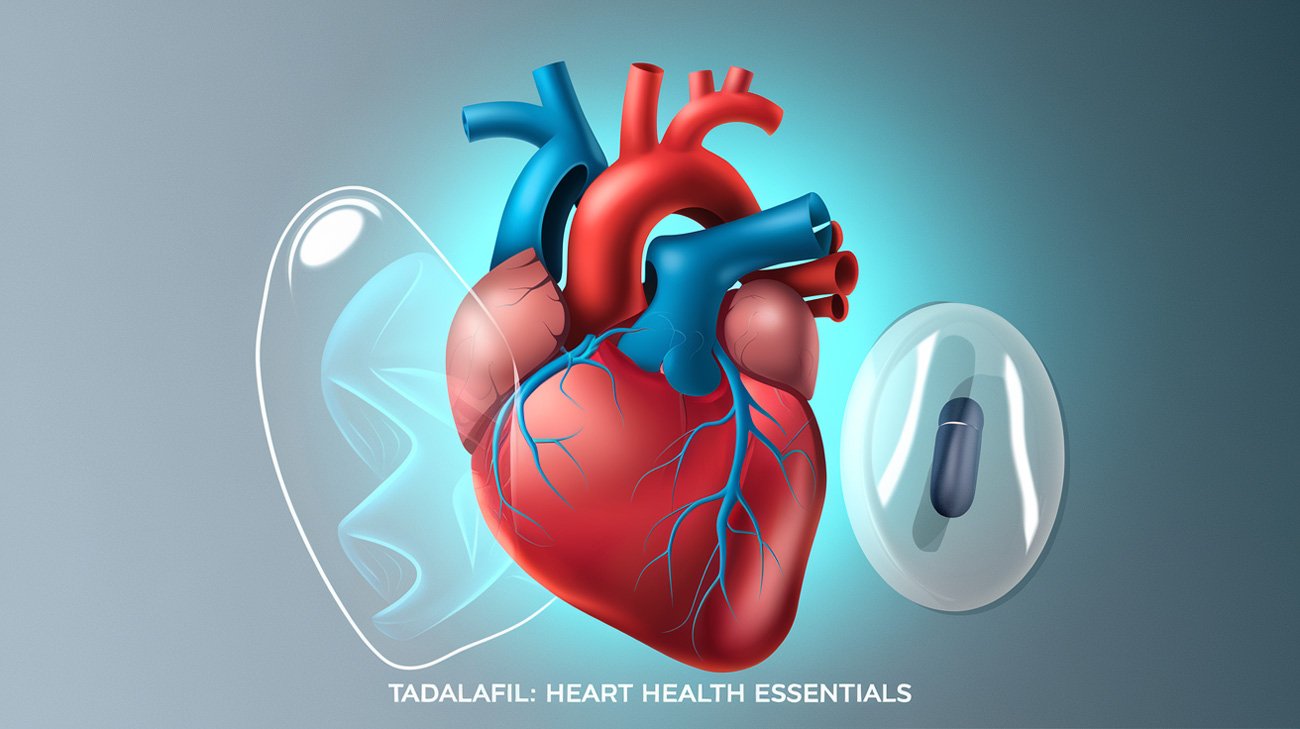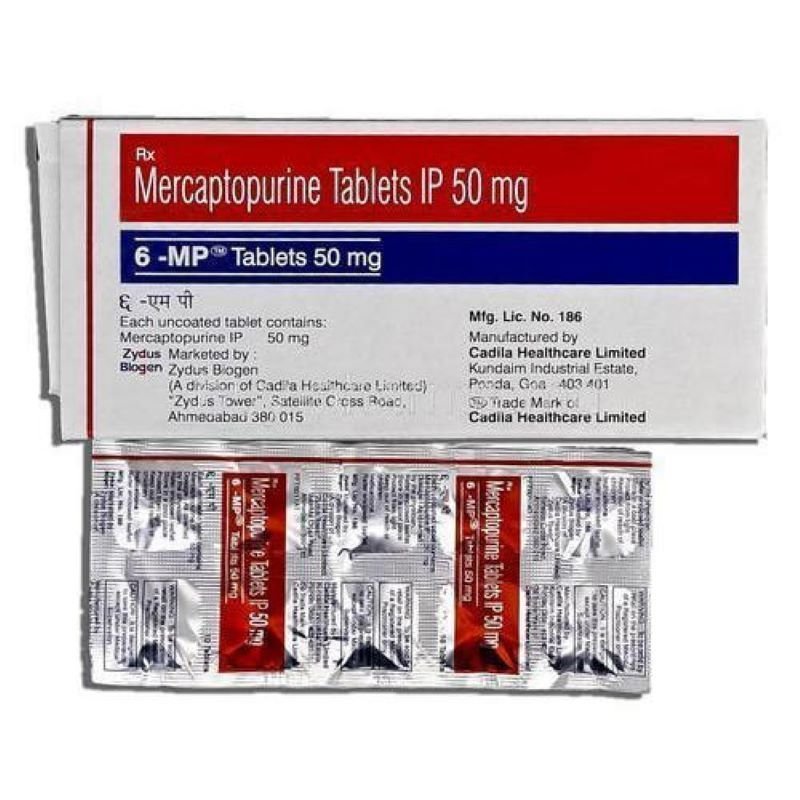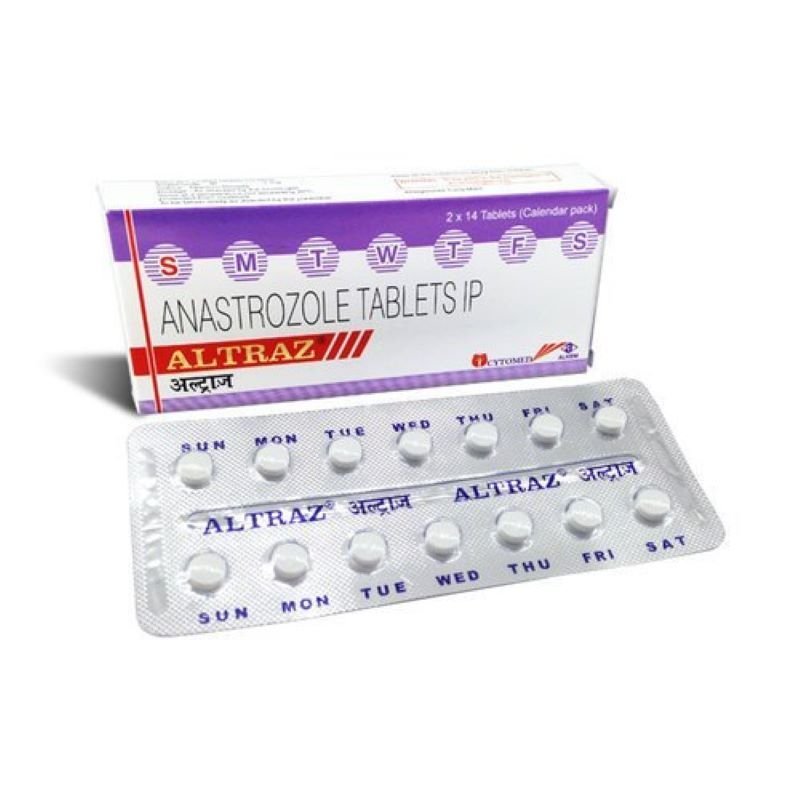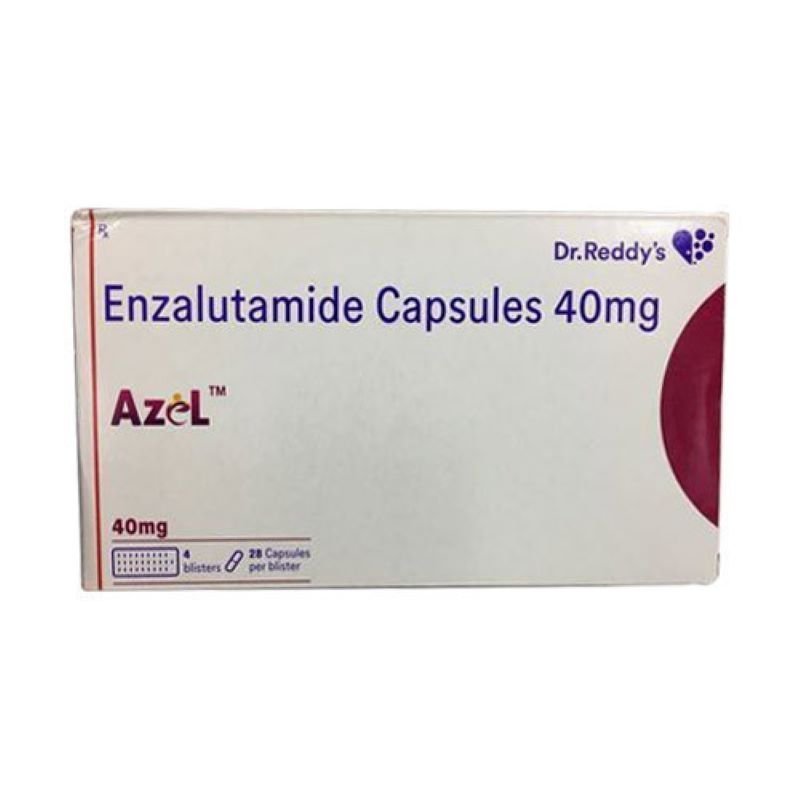Why Tadalafil Is Considered Essential for Cardiovascular Health
🫀 Are you concerned about your heart health? You’re not alone. Cardiovascular diseases remain the leading cause of death worldwide, affecting millions of lives each year. But what if there was a medication that could not only improve your quality of life but also potentially safeguard your heart?
Enter Tadalafil, a medication that’s been turning heads in the medical community for its surprising cardiovascular benefits. Initially known for its role in treating erectile dysfunction, Tadalafil has emerged as a potential game-changer in heart health. From regulating blood pressure to improving endothelial function, this powerful drug is proving to be more than just a one-trick pony.
In this blog post, we’ll dive deep into the world of Tadalafil and explore its essential role in cardiovascular health. We’ll uncover how it impacts blood pressure, enhances heart function, and even shows promise in treating pulmonary arterial hypertension. So, buckle up as we embark on a journey through the seven key aspects of Tadalafil’s cardiovascular prowess, starting with understanding its fundamental benefits for your heart. 💊❤️
Understanding Tadalafil and Its Cardiovascular Benefits
Definition and mechanism of action
Tadalafil is a phosphodiesterase type 5 (PDE5) inhibitor that works by increasing blood flow to specific areas of the body. It primarily functions by relaxing smooth muscle tissue and dilating blood vessels, which enhances circulation. This mechanism of action is crucial for its effectiveness in treating various conditions.
Primary uses in treating erectile dysfunction
Originally developed for erectile dysfunction (ED), tadalafil has become a popular treatment option due to its long-lasting effects. Some key benefits include:
- Longer duration of action (up to 36 hours)
- Can be taken daily at lower doses
- Effective for a wide range of ED severities
Emerging role in cardiovascular health
Beyond its primary use, tadalafil has shown promising effects on cardiovascular health:
- Improved exercise capacity in heart failure patients
- Potential reduction in cardiovascular risk factors
- Enhanced endothelial function, benefiting overall vascular health
FDA approval status for cardiovascular conditions
While tadalafil is FDA-approved for ED and pulmonary arterial hypertension, its use for other cardiovascular conditions is still under investigation. Ongoing research aims to expand its approved applications in cardiovascular medicine, highlighting its potential as a multifaceted treatment option.
Tadalafil’s Impact on Blood Pressure Regulation
Vasodilation effects
Tadalafil, a PDE5 inhibitor, exerts its primary effect on blood pressure regulation through vasodilation. By inhibiting the enzyme phosphodiesterase type 5, tadalafil increases the levels of cyclic guanosine monophosphate (cGMP) in smooth muscle cells. This leads to relaxation of blood vessels, effectively widening them and improving blood flow throughout the body.
Lowering systolic and diastolic blood pressure
The vasodilatory action of tadalafil contributes significantly to lowering both systolic and diastolic blood pressure. Studies have shown that:
- Systolic pressure can decrease by 4-8 mmHg
- Diastolic pressure can reduce by 2-4 mmHg
These reductions, while modest, can have a substantial impact on overall cardiovascular health, especially when maintained over time.
Benefits for hypertensive patients
For individuals with hypertension, tadalafil offers several advantages:
- Consistent blood pressure control
- Reduced risk of cardiovascular events
- Improved quality of life
- Potential for reduced medication burden
Comparison with other blood pressure medications
When compared to traditional antihypertensive drugs, tadalafil stands out in several ways:
- Fewer side effects than some beta-blockers or diuretics
- Beneficial impact on erectile function, unlike some antihypertensives
- Once-daily dosing, improving adherence
While tadalafil may not replace first-line treatments for hypertension, its unique profile makes it a valuable adjunct therapy for many patients. As we explore further, we’ll see how tadalafil’s effects extend beyond blood pressure regulation to improve overall cardiovascular health.
Improving Endothelial Function with Tadalafil
Enhancing nitric oxide production
Tadalafil’s ability to improve endothelial function is primarily due to its role in enhancing nitric oxide production. As a phosphodiesterase type 5 (PDE5) inhibitor, tadalafil increases the levels of cyclic guanosine monophosphate (cGMP), which is crucial for nitric oxide signaling. This enhanced nitric oxide production leads to:
- Vasodilation of blood vessels
- Improved blood flow throughout the body
- Reduced vascular resistance
Reducing oxidative stress
Tadalafil’s impact on oxidative stress is another key factor in improving endothelial function. By reducing oxidative stress, tadalafil:
- Decreases inflammation in blood vessel walls
- Protects endothelial cells from damage
- Improves overall vascular health
Promoting vascular health and elasticity
The combined effects of enhanced nitric oxide production and reduced oxidative stress contribute significantly to promoting vascular health and elasticity. Tadalafil’s role in this process includes:
- Increasing the flexibility of blood vessels
- Improving the ability of arteries to dilate and constrict as needed
- Enhancing overall cardiovascular function
These improvements in endothelial function not only benefit cardiovascular health but also contribute to tadalafil’s effectiveness in treating erectile dysfunction. With these vascular benefits in mind, let’s explore tadalafil’s specific role in treating pulmonary arterial hypertension, a condition where improved endothelial function is crucial.
Tadalafil’s Role in Treating Pulmonary Arterial Hypertension
Now that we’ve explored the general cardiovascular benefits of Tadalafil, let’s delve into its specific role in treating Pulmonary Arterial Hypertension (PAH).
Mechanism of action in the lungs
Tadalafil, a phosphodiesterase type 5 (PDE5) inhibitor, works in the lungs by:
- Relaxing pulmonary blood vessels
- Increasing blood flow to the lungs
- Reducing pulmonary vascular resistance
This mechanism helps alleviate the high blood pressure in the lungs characteristic of PAH.
Clinical studies and effectiveness
Multiple clinical trials have demonstrated Tadalafil’s efficacy in treating PAH:
- Improved exercise capacity
- Enhanced hemodynamic parameters
- Delayed clinical worsening
- Increased 6-minute walk distance
One landmark study showed a significant improvement in exercise capacity after 16 weeks of Tadalafil treatment compared to placebo.
Dosage and administration for PAH
For PAH treatment, Tadalafil is typically:
- Administered orally once daily
- Prescribed at a dose of 40 mg
- Taken with or without food
- Used as a long-term therapy
It’s essential to follow the prescribed dosage and consult with a healthcare provider regularly.
Quality of life improvements for PAH patients
Tadalafil has shown to significantly enhance the quality of life for PAH patients by:
- Reducing breathlessness
- Increasing physical activity tolerance
- Improving emotional well-being
- Decreasing fatigue
These improvements allow patients to engage more fully in daily activities and maintain a higher level of independence.
Potential Cardioprotective Effects of Tadalafil
Reducing risk of heart attacks
Tadalafil has shown promising potential in reducing the risk of heart attacks. Studies have indicated that regular use of tadalafil may improve blood flow to the heart, reducing the likelihood of plaque buildup in coronary arteries. This enhanced circulation can significantly lower the risk of myocardial infarction, especially in high-risk individuals.
Improving exercise capacity in heart failure patients
For patients with heart failure, tadalafil offers a ray of hope. Research has demonstrated that:
- Tadalafil can increase exercise tolerance
- It improves cardiac output during physical activity
- Patients report reduced fatigue and breathlessness
These benefits contribute to an overall better quality of life for heart failure patients, allowing them to engage in more physical activities with less discomfort.
Protecting against ischemia-reperfusion injury
Tadalafil’s cardioprotective effects extend to mitigating ischemia-reperfusion injury. This condition occurs when blood supply returns to tissue after a period of ischemia, potentially causing oxidative stress and inflammation. Tadalafil has been shown to:
- Reduce oxidative stress
- Decrease inflammation
- Protect cardiac cells from damage
These protective mechanisms are crucial in scenarios such as post-heart attack recovery or following cardiac surgery.
Potential benefits in diabetic cardiomyopathy
Diabetic cardiomyopathy, a complication of diabetes affecting the heart muscle, may also benefit from tadalafil treatment. Preliminary studies suggest that tadalafil could help:
- Improve cardiac function in diabetic patients
- Reduce fibrosis in the heart muscle
- Enhance cellular energy metabolism
These potential benefits highlight tadalafil’s versatility in addressing various cardiovascular concerns, particularly in high-risk populations like those with diabetes.
Safety Profile and Considerations
Common side effects
While tadalafil is generally well-tolerated, it’s important to be aware of potential side effects:
- Headache
- Flushing
- Nasal congestion
- Back pain
- Muscle aches
- Indigestion
Most side effects are mild and transient, typically resolving on their own.
Drug interactions and contraindications
Tadalafil may interact with certain medications, particularly:
- Nitrates (e.g., nitroglycerin)
- Alpha-blockers
- Certain antihypertensive drugs
It’s contraindicated in patients taking nitrates or with severe cardiovascular conditions.
Long-term safety data
Studies have shown that long-term use of tadalafil is generally safe for cardiovascular patients. However, regular check-ups are crucial to monitor any potential effects on the cardiovascular system.
Monitoring requirements for cardiovascular patients
Patients with pre-existing cardiovascular conditions should be closely monitored when using tadalafil:
- Regular blood pressure checks
- Periodic ECG monitoring
- Assessment of overall cardiovascular function
Now that we’ve covered the safety profile and considerations, let’s explore the future prospects of tadalafil in cardiovascular medicine.
Future Prospects of Tadalafil in Cardiovascular Medicine
Ongoing clinical trials
As research into tadalafil’s cardiovascular benefits continues, several exciting clinical trials are underway. These studies aim to explore new applications and further validate the drug’s efficacy in heart health. Some notable trials include:
- Investigation of tadalafil’s effect on exercise capacity in heart failure patients
- Evaluation of tadalafil’s potential in reducing the risk of cardiac events in diabetic patients
- Assessment of tadalafil’s role in improving outcomes after cardiac surgery
Potential new indications
The expanding body of research suggests promising new indications for tadalafil in cardiovascular medicine:
- Prevention of ischemia-reperfusion injury
- Treatment of resistant hypertension
- Management of diastolic heart failure
Combination therapies with other cardiovascular drugs
Researchers are exploring synergistic effects of combining tadalafil with established cardiovascular medications. Potential combinations include:
- Tadalafil with ACE inhibitors for enhanced blood pressure control
- Tadalafil and beta-blockers for improved exercise tolerance in heart failure patients
- Tadalafil alongside antiplatelet agents for better endothelial function
Challenges in widespread adoption for heart health
Despite its promise, several hurdles remain in the widespread adoption of tadalafil for cardiovascular health:
- Overcoming the stigma associated with its use in erectile dysfunction
- Addressing concerns about long-term safety in cardiovascular patients
- Securing regulatory approvals for new cardiovascular indications
- Educating healthcare providers about tadalafil’s potential beyond its current approved uses
As research progresses, these challenges may be overcome, potentially revolutionizing cardiovascular care with tadalafil as a key player.
Conclusion
Tadalafil’s potential in cardiovascular health extends far beyond its well-known use for erectile dysfunction. From regulating blood pressure and improving endothelial function to treating pulmonary arterial hypertension and offering cardioprotective effects, this medication has proven to be a versatile tool in maintaining heart health. Its safety profile, when used under proper medical supervision, further solidifies its position as an essential component in cardiovascular care.
As research continues to uncover new applications for Tadalafil in cardiovascular medicine, it’s clear that this medication will play an increasingly important role in heart health management. If you have concerns about your cardiovascular health, consult with your healthcare provider to discuss whether Tadalafil might be a suitable option for you. Remember, a holistic approach to heart health, including proper diet, regular exercise, and appropriate medication, is key to maintaining a healthy cardiovascular system.




















Add comment